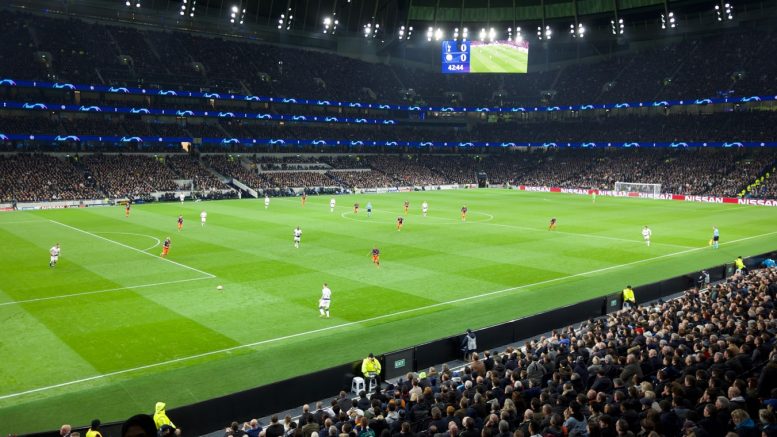Discontent defenders, a team massively underperforming and a head coach, NOT a manager. Just what is going on at Tottenham Hotspur? Voice of London sport reporter Micah Chudleigh gives his perspective.
When Spurs lost out to Leicester City in the 2016 title race, Mauricio Pochettino vowed his side would “come back stronger” and “be in the race” for the next season’s title. Fast forward three years and Tottenham are without a trophy, lacking identity and only have a Champions League final defeat to show for it.
So where has it all gone so wrong?
A manager clearly at odds with the decision-makers at the club, Pochettino has made it clear that he is ‘head coach’ and not, as he is often referred to, a manager. Perhaps a declaration of frustration or simply just an explanation, the main takeaway from that statement is clear — Pochettino would have done things differently.
They say a month is a long time in football, so it is no wonder the 18-month period without any new signings have severely jaded the club. Pochettino recognised the need for a revamped and rejuvenated Spurs squad two transfer windows ago, identifying a number of first team players he deemed replaceable.
Only Moussa Dembele and Kieran Trippier left the club in that period, with the squad showing major signs of stagnation; Christian Eriksen wants out, Vertonghen and Alderweireld have stalled on new deals, and Danny Rose feels unneeded. The discontent of the old guard is beginning to affect the form of the younger players; Dele Alli, for example, has looked out of sorts for several months now.
The once high-intensity, possession-based side that terrorised teams in 2015 are almost unrecognisable from the side that lost at Anfield last Sunday. Sure, Tottenham still move the ball with ease and purpose; they have enjoyed the 4th highest average possession this term. The problem lies within winning the ball back.
The players, whether ageing or fatigued from the manager’s famously rigorous fitness demands, simply do not have the legs to carry out their once-effective effective high-line. Davison Sanchez remains one of the league’s finest centre-backs but Jan Vertonghen’s persistent injuries have slowed him down and Toby Alderweireld has never looked more disinterested. Their lack of mobility has meant that the division’s quicker forwards have found their offside trap all too easy to beat.
In order to combat this, Pochettino has elected to ditch both the 3-5-2 and 4-2-3-1 he entrusted for so long in favour of a 4-4-2 diamond; preserving the narrow shape needed to move the ball incisively but also placing the bulk of the pressing responsibility on the younger, fitter front three. Despite beating some the league’s smaller sides, Tottenham have looked shaky when pressed, Brighton exploited this to great effect in their 3-0 win. Perhaps most concerning, Spurs employed a low block against both Liverpool and Manchester City, the clearest indication of their awareness in the gulf in quality.
Perhaps the biggest problem is creativity and build-up play, especially transitioning to the final third. Spurs have found themselves dispossessed more than any other side this season. The need for a press-resistant ‘water carrier’, to replace the role Moussa Dembele carried out so well, was an urgent concern for Pochettino. It was hoped Tanguy Ndombele could fill those shoes, but has only been able to show glimpses of his full ability and is clearly adapting to his new manager’s system and demands.
Realistically, this is a storm Pochettino foresaw nearly two years ago now. The consequences that come with such a demanding style of football have manifested over time and are rearing its unfortunate, ugly head. A talented and pragmatic coach such as Pochettino deserves a backing and the freedom to reinvent the squad in his image. It now lies with Daniel Levy and the Tottenham hierarchy to facilitate this, or Spurs may find themselves left behind.
By Micah Chudleigh

